May 29, 2025 | 07:53 GMT +7
May 29, 2025 | 07:53 GMT +7
Hotline: 0913.378.918
May 29, 2025 | 07:53 GMT +7
Hotline: 0913.378.918
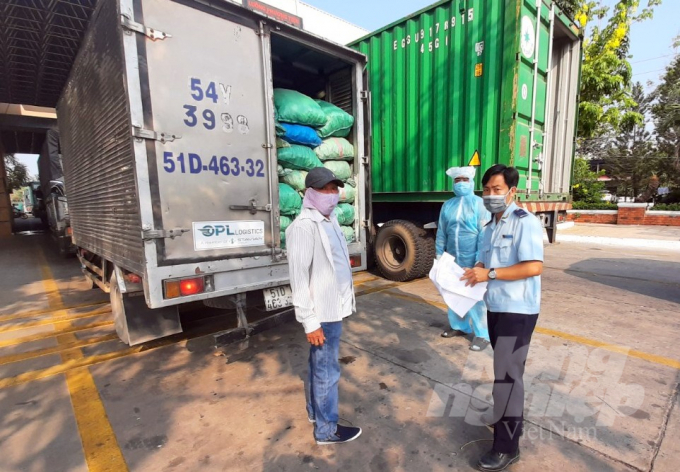
The import and export of cassava starch face difficulties due to COVID-19 pandemic. Photo: Tran Trung.
The southern province of Tay Ninh has 68 cassava starch processing factories with a total capacity of 6.4 million tonnes while the total output of fresh cassava was 1.86 million tonnes in the 2020-2021 crop.
The shortage of material has led many cassava processing enterprises to face difficulties in processing and business.
Most of them have to depend on material imported from Cambodia. However, an decrease in cassava output for the 2020-2021 crop in Cambodia due to the impact of natural disasters, has resulted in a serious scarcity of raw materials.
In addition, the import and export of cassava was affected by COVID-19 pandemic.
To secure material, a lot of enterprises have increased the price of raw material of cassava, making it difficult for the local cassava processing industry to survive.
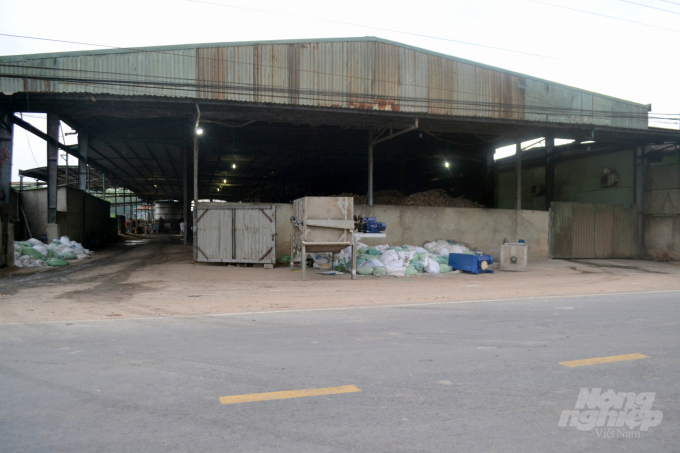
Cassava processing factories in Tay Ninh Province can’t operate at full capacity for many reasons. Photo: Tran Trung.
According to Tran Thi Tung, owner of a cassava starch processing factory in Duong Minh Chau District, the amount of imported fresh cassava roots has decreased by 30 per cent year-on-year.
Although the price of fresh cassava roots is fluctuating at over VND3,000 or 13 US cents, up nearly 50 per cent compared to the same period last year, the factory still hasn’t got enough raw materials for processing. As a result, the plant operates at about 20 - 30 per cent of its capacity.
Despite a decline in production volume, the products haven’t been sold out due to a restriction in import and export activities.
Other cassava processing plants in the province are also in the same situation.
They do not only find it difficult to secure fresh cassava roots but also in purchasement of dried cassava from Cambodia. Traders said this source of cassava was supplied to domestic animal feed factories.
Some enterprises involved in cassava processing said China is the largest market for Vietnamese cassava.
However, the cassava exports to China were at a standstill due to the novel coronavirus (COVID-19) pandemic while the consumption at domestic markets was limited. Thus, the cassava inventories at processing factories are high.
Currently, most of the factories don’t work at full capacity.
“We keep the factories operating so that longtime workers still have jobs although we know that it is not profitable and we are facing difficulties,” a representative for a cassava processing plant said.
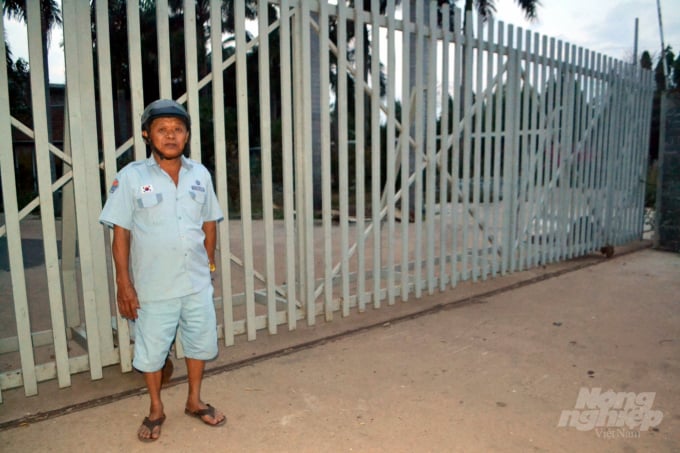
Duong Minh Chau Tapio Starch Co.Ltd has to be shut due to bankruptcy. Photo: Tran Trung.
The shortage of raw materials forced enterprises to buy raw material at high prices, then they failed to export, leading many enterprises on the brink of bankruptcy.
Duong Minh Chau Tapioca Co.Ltd, a company engaged in manufacturer and exporting tapioca starch is an example.
Over the past few days, there were quite a few people gathered in front of the company’s gate to request payment for their cassava. Some people even mobilised cong nong (self-modified four-wheel vehicles) to block the entrance of the company.
To deal with the situation, the People’s Committee of Duong Minh Chau District has collaborated with local political and social organizations to call on people not to gather in crowds and advise them to send a letter of complaint to relevant agencies.
Nguyen Dinh Xuan, director of Tay Ninh Province’s Department of Agriculture and Rural Development said, in the past, due to high profit brought about by the industry, factories tended to increase the processing capacity while the output of raw material in the province only met one fourth of the production demand.
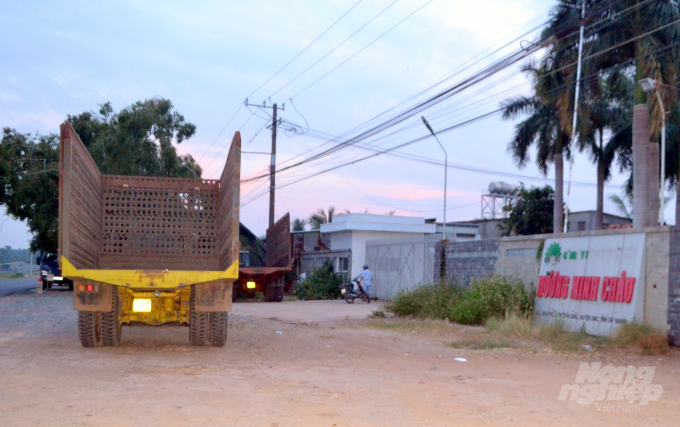
Some creditors mobilised cong nong (self-modified four-wheel) vehicles to block the entrance of Duong Minh Chau Tapio Starch Co.Ltd. Photo: Tran Trung.
The local government has repeatedly warned of this issue. However, businesses ignored the warnings, he said, adding that dozens of enterprises facing similar difficulties.
“In the context of a market economy, businesses that lack capital or have weak technology, and can’t secure enough raw material will have to accept failure. Businesses that overcome difficulties will rise strongly,” Xuan said.
He also said farmers weren’t affected in the incident because the majority of creditors are traders who buy fresh cassava and sell to factories, individuals and organisations in the industry.
However, Xuan advised that farmers should pursue a clear purchase and sale contract when taking part in any purchase and exchange of any agricultural products.
Translated by Mai Huong

(VAN) On May 27, La French Tech Vietnam (the French startup and innovation community in Vietnam) held the French Tech Summit Vietnam 2025.
/2025/05/27/4731-2-223159_980.jpg)
(VAN) No votive paper, no styrofoam, no plastic bags, no plastic bottles, and no single-use plastic trays are the key rules tourists should keep in mind when visiting Con Dao.

(VAN) In the fight against plastic pollution, Vietnam has been demonstrating a proactive, pioneering, and active role in addressing the greatest environmental challenge today.
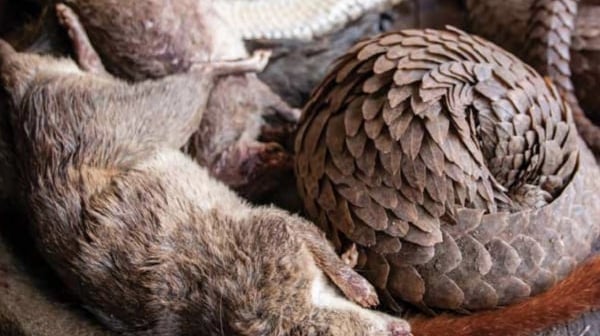
(VAN) The WOAH guidelines provide a vital tool for risk chain analysis, covering the extraction, transportation, consumption, and handling of confiscated wildlife.

(VAN) World Environment Day 2025 is launched by the United Nations Environment Programme (UNEP) with the theme 'Beat Plastic Pollution'.
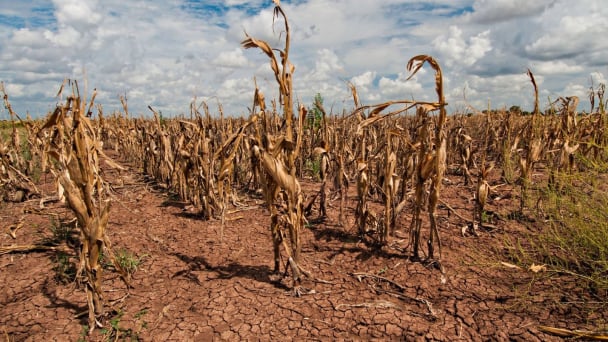
(VAN) As climate whiplash reshapes yields, experts say data-driven tools and targeted relief are critical to feed America.
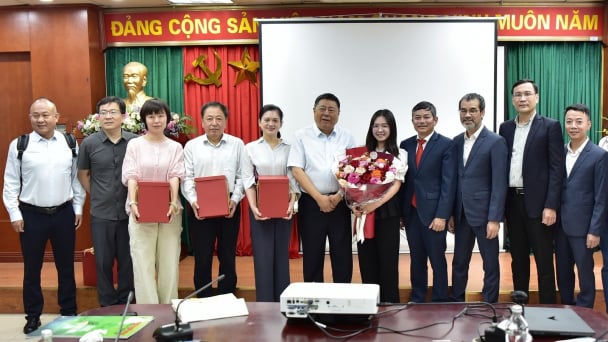
(VAN) The alignment in goals and operational direction between the Vietnam Agriculture and Nature Newspaper and Shaanxi Daily opens up promising prospects for journalism and media cooperation.